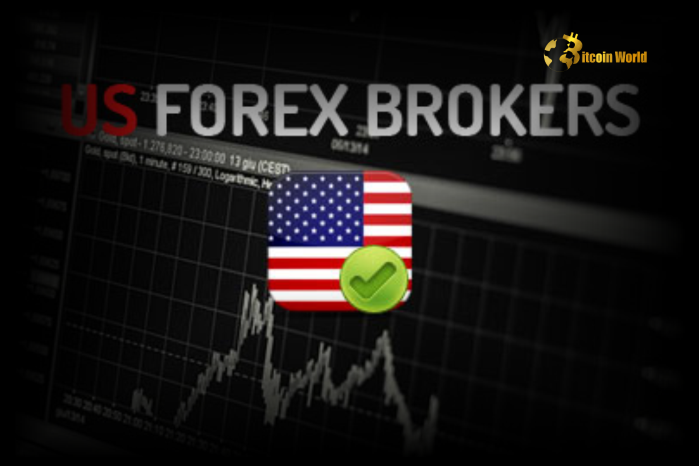Legal Regulations for Forex in the United States
Legal Regulations for Forex in the United States
Blog Article
A Beginner’s Guide to Forex Trading in America
International trade, or Forex trading, brings an incredible number of players in the United Claims every year. Its utter measurement and liquidity ensure it is one of the most attractive markets globally. Nevertheless, forex trading for beginners. has a unique and rigid way of regulating Forex activities. If you are looking to industry currencies or simply just want to know how legal frameworks form the Forex market, knowledge these rules is crucial.

Crucial Legal Frameworks Surrounding Forex in the US
Forex regulation in the United States is distinguishable due to its complete chance controls and client protections. Two leading government figures oversee most Forex activities:
• Commodity Futures Trading Commission (CFTC)
• National Futures Association (NFA)
The CFTC, made in 1974, is tasked with regulating the futures and options areas, international change included. The NFA, as a self-regulatory organization, performs closely with the CFTC to enforce rules and maintain fairness in trading practices.
Registration and Compliance
Every Forex seller or broker using the services of U.S. people must enroll with both CFTC and NFA. These entities are also needed to adhere to rigorous functional standards, including:
• Minimal web money demands (often more than in other countries)
• Constant audits
• Solid anti-money laundering (AML) policies
• Translucent risk disclosure
Violations may result in significant fines or a permanent ban from the market. This regulatory structure seeks to avoid scam, protect investors, and increase industry integrity.
Major Restrictions on Forex Actions
Foundational defenses affect how Forex operates in the U.S.:
• Power restricts: The NFA units a optimum power of 50:1 for key currency couples and 20:1 for minors. This is far lower than many international areas, supporting defend unskilled traders from significant losses.
• Segregation of funds: U.S. legislation involves that client funds are kept split up from broker working funds. That evaluate safeguards traders in the event a broker becomes insolvent.
• Marketing and disclosure: Firms must clearly explain dangers, fees, and trading mechanisms to clients. Deceptive or extreme solicitation methods face rigid penalties.
Enforcement and Penalties
U.S. agencies often check for fraudulent systems, insider trading, and illicit market manipulation. Statistical information from enforcement studies reveals a consistent pattern of penalties and settlements lately, featuring continuous vigilance. This setting, while stricter than many parts of the world, creates a better playing subject for retail and institutional traders alike.
What to Consider as a US Forex Trader
Recent trends show an ongoing rise in regulatory measures, a focus on client education, and continuous revisions to submission requirements. If you plan to business Forex in the U.S., it's necessary to:
• Confirm a broker's active registration position
• Stay up-to-date with regulatory changes
• Evaluation risk disclosures prior to making trades
This method minimizes unforeseen losses and increases your prospects in a firmly regulated but sturdy marketplace. By understanding appropriate regulations, U.S. traders may confidently participate in the Forex market while keeping within the variables of the law.
Report this page